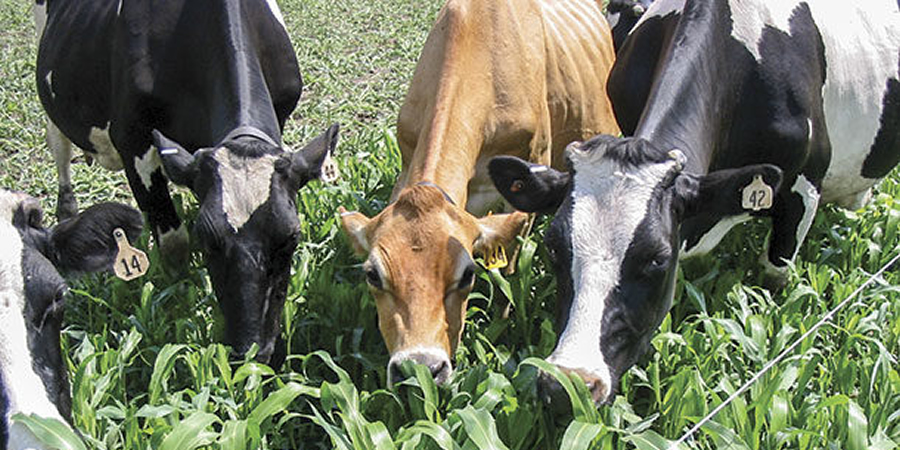November 24, 2023
Breakthrough in sorghum cultivation promises enhanced nutrient availability for dairy cattle

A research initiative at the University of Nevada, United States, aims to revolutionise global sorghum cultivation, potentially transforming dairy cattle nutrition, Nevada Today reported.
Melinda Yerka, an associate professor, and her team have developed sorghum varieties with larger seeds, efficiently broken during harvest, making nutrients more bioavailable for dairy cattle. These unique sorghums also thrive in Nevada and California.
The research, conducted since 2017 at the Experiment Station, focused on adapting sorghum for Western US growth, beyond the traditional Sorghum Belt. Using a Multiparent Advanced Generation InterCross (MAGIC) population design, Yerka bred varieties with large seeds, high protein, and starch levels. Collaborating with the US Department of Agriculture and other institutions, the team analysed grain quality.
The innovative sorghums address challenges in dairy cattle nutrition, offering a sustainable alternative to current feeds struggling with arid conditions. With corn and alfalfa facing water-related challenges, these sorghums, requiring less water, could aid farmers in maintaining profitability amid changing climates.
Dairy farming, a significant contributor to California's agricultural revenue, faces challenges due to water scarcity. Yerka's sorghums, with improved bioavailability of starch and protein, aim to alleviate these issues. The large seeds break up during harvest without requiring special equipment, potentially reshaping sorghum's role in dairy nutrition.
Yerka founded Yerka Seeds in September to commercialise these sorghum hybrids. The company, collaborating with the University’s Nevada Small Business Development Centre, seeks to market competitive hybrids to producers. Yerka Seeds plans summer trials with dairy farms to assess the sorghums' environmental stability and bioavailability, a crucial step before commercialization.
The initiative aligns with the farm-to-table movement, connecting consumers directly to specific farms. Yerka and her partners are also extending their sorghums to less developed nations, applying the MAGIC population design to develop varieties adapted to diverse climates in Africa.
The research received support from the University of Nevada, Reno’s Experiment Station, the US Department of Agriculture, and Texas Tech University.
- Nevada Today










